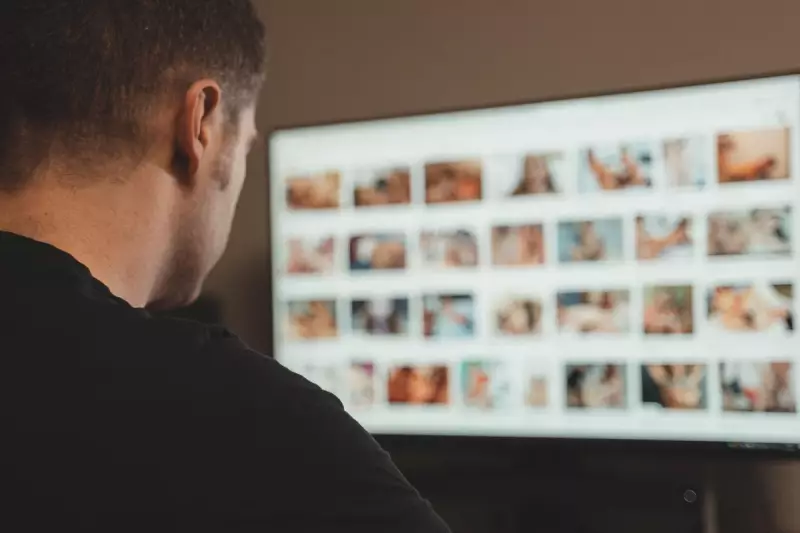
In an era where explicit content is just a click away, a growing number of Britons are finding themselves trapped in a cycle of compulsive pornography use that's impacting their daily lives and mental health. Unlike more visible addictions, this silent struggle often goes unnoticed until relationships, work performance, and self-esteem begin to suffer.
The Hidden Warning Signs You Shouldn't Ignore
Compulsive pornography consumption manifests in various ways that extend beyond simply watching adult content. Experts identify several key indicators that may signal a problematic relationship with porn:
- Escalating consumption - Needing increasingly extreme or frequent material to achieve the same level of satisfaction
- Failed attempts to quit - Repeatedly trying to stop or reduce viewing without success
- Neglecting responsibilities - Prioritising porn over work, social engagements, or household duties
- Relationship strain - Partners feeling hurt, betrayed, or inadequate due to pornography use
- Mood dependency - Relying on porn to cope with stress, anxiety, or negative emotions
Breaking Free: Practical Steps Towards Recovery
Overcoming compulsive pornography use requires a multi-faceted approach that addresses both the behaviour and underlying emotional triggers. Specialist therapists recommend several evidence-based strategies:
Professional Support Systems
Seeking help from qualified therapists specialising in sexual health or addiction can provide tailored treatment plans. Cognitive behavioural therapy (CBT) has shown particular effectiveness in helping individuals understand and change their patterns of behaviour.
Digital Boundaries and Accountability
Implementing practical barriers such as website blockers, screen time limits, and accountability partnerships can create crucial space for developing healthier habits. Many find that openly discussing their struggle with a trusted friend significantly reduces the secrecy that fuels addiction.
Rebuilding Healthy Intimacy
For those in relationships, couples counselling can help repair trust and develop authentic intimacy. Learning to separate sexual arousal from digital stimulation is a crucial step in restoring genuine connection.
Where to Find Help in the UK
Several UK-based organisations offer specialised support for those struggling with compulsive pornography use. The NHS provides access to sexual health clinics and talking therapies, while charities like Relate offer relationship counselling. Online resources and support groups create accessible options for those not ready for face-to-face help.
Recognising that compulsive pornography use has become unmanageable is the first courageous step toward recovery. With proper support and evidence-based strategies, thousands of Britons have successfully reclaimed control over their digital habits and rebuilt healthier relationships with sexuality and intimacy.





